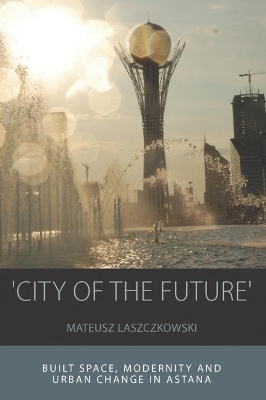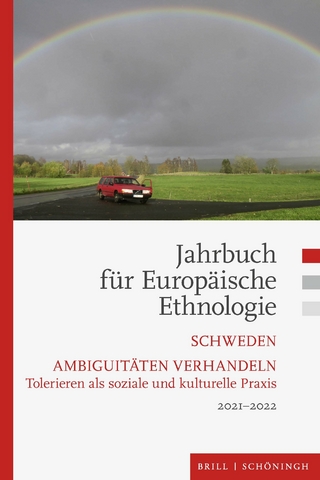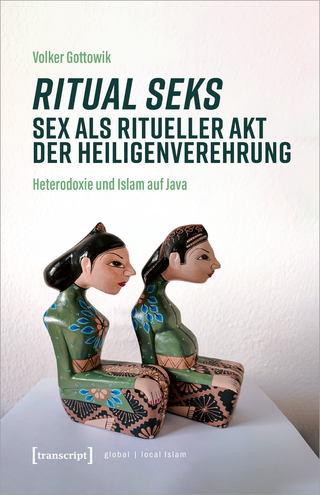
'City of the Future'
Berghahn Books (Verlag)
978-1-78920-075-1 (ISBN)
Astana, the capital city of the post-Soviet Kazakhstan, has often been admired for the design and planning of its futuristic cityscape. This anthropological study of the development of the city focuses on every-day practices, official ideologies and representations alongside the memories and dreams of the city’s longstanding residents and recent migrants. Critically examining a range of approaches to place and space in anthropology, geography and other disciplines, the book argues for an understanding of space as inextricably material-and-imaginary, and unceasingly dynamic – allowing for a plurality of incompatible pasts and futures materialized in spatial form.
Mateusz Laszczkowski is Assistant Professor at the Institute of Ethnology and Cultural Anthropology, at the University of Warsaw, Poland. In 2007-2012 he conducted his doctoral research at the Max Planck Institute for Social Anthropology in Halle/Saale, Germany.
List of Maps, Figures and Tables
Acknowledgments
Note on Transliteration and Translation
Introduction: Pathways into the ‘City of the Future’
Astana, Kazakhstan and the Global Lives of Modernist Urbanism
Anthropology’s Space
Space and Time
Theorizing the City Anthropologically
Fieldwork in the ‘City of the Future’
Chapter 1. Materializing the Future: Images and Practices
Deconstruction, Reconstruction
The Cityscape of the Future
Becoming ‘Contemporary’
The Roots of Disenchantment, and Its Limits
Chapter 2. Performing Urbanity: Migrants, the City and Collective Identification
Identities beyond Representation
Urbanity and Rurality in Kazakhstan
Migration to Astana
Migrants’ Stories
Kumano: A Pioneer Settles Down
Kirill and Gisele: Love on the Move
Bakytgul: Caught Up in Deferrals
Aynura: The Girl Who Played the Accordion
Madiyar: The Struggling Southerner
Embodying Identity
Chapter 3. Tselinograd: The Past in the ‘City of the Future’
Building Tselinograd
Nostalgia and Spatial Intimacy
Walking in Tselinograd
Tselinograd’s Glory
Chapter 4. Celebration and the City: Belonging in Public Space
What Is Public Space?
The Setting: City Squares
Public Holiday Celebrations
...in Late-Soviet Tselinograd
...in Astana
Whose Celebration, Whose City?
Public Space Reopened
Chapter 5. Fixing the Courtyard: Mundane Place-Making
Shifting Frameworks
Material Place-Making in the Dvor
Digression: Things Make a Difference
The KSK Takeover
Chapter 6. Playing with the City: ‘Encounter’ in Astana
What is ‘Encounter’?
Game Types
‘Encounter’ as Play
Play or Politics: Carnival, Stiob and ‘Encounter’
‘Encounter’s Creativity'
Creasing Space
Conclusion
References
Index
| Erscheinungsdatum | 03.10.2018 |
|---|---|
| Reihe/Serie | Integration and Conflict Studies |
| Verlagsort | Oxford |
| Sprache | englisch |
| Themenwelt | Sozialwissenschaften ► Ethnologie ► Völkerkunde (Naturvölker) |
| Sozialwissenschaften ► Soziologie | |
| ISBN-10 | 1-78920-075-X / 178920075X |
| ISBN-13 | 978-1-78920-075-1 / 9781789200751 |
| Zustand | Neuware |
| Haben Sie eine Frage zum Produkt? |
aus dem Bereich


